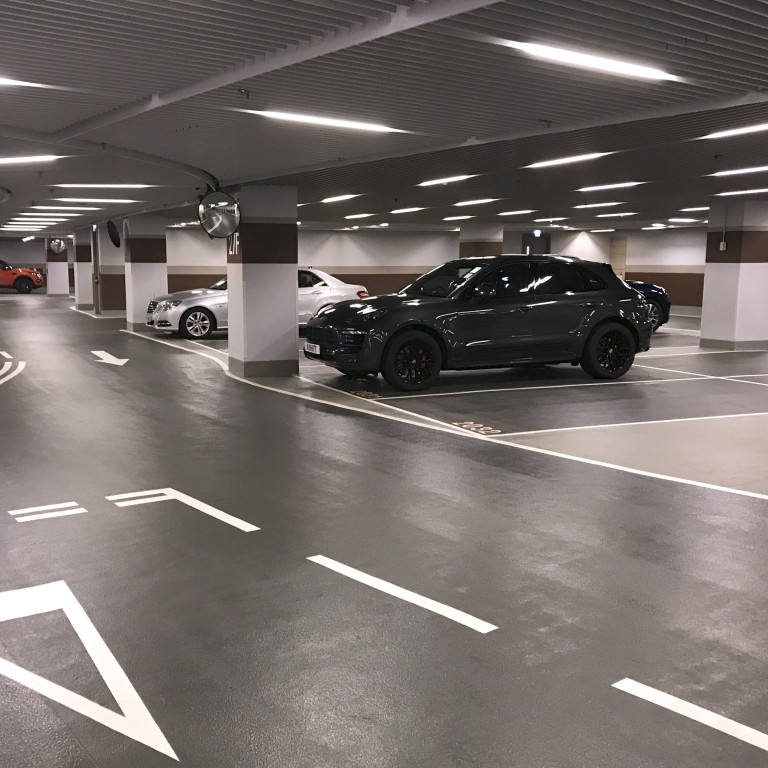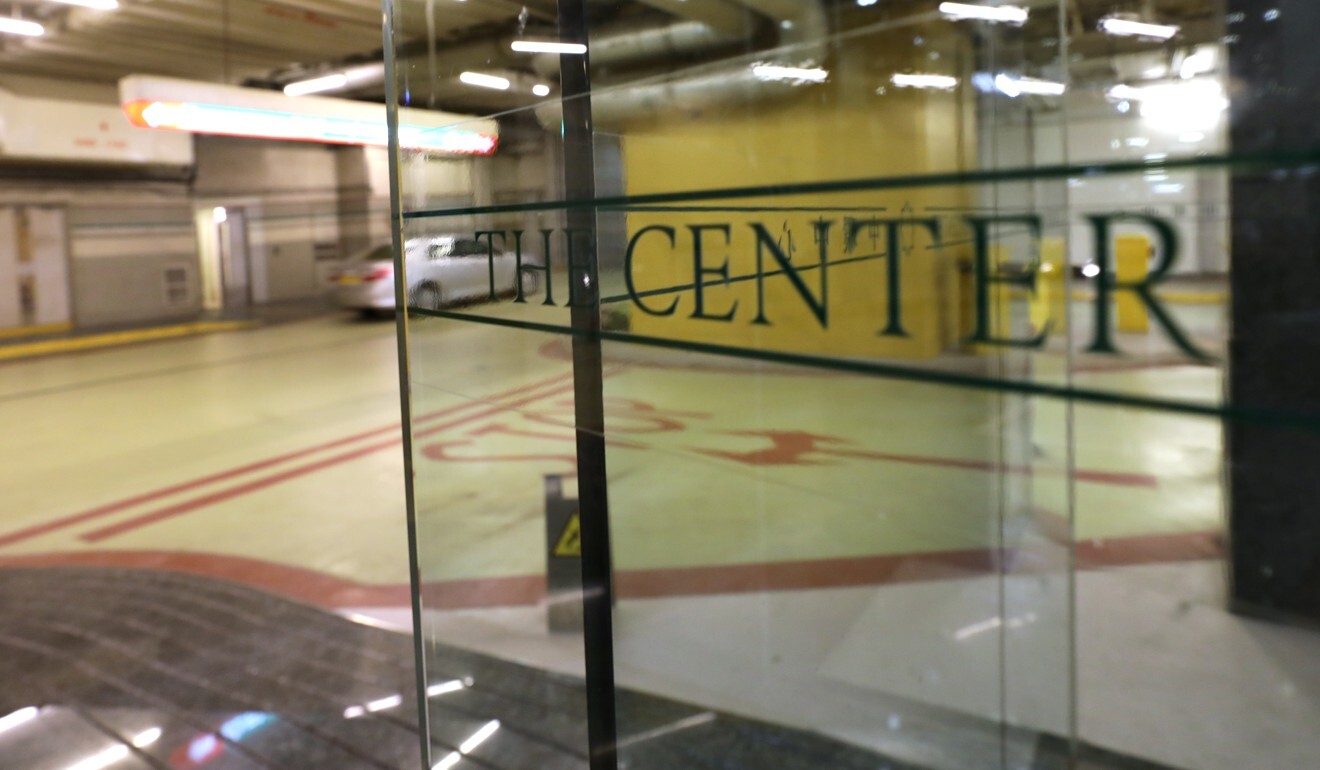
Craze for car parking spaces stalls as sentiment takes a hit amid weakening economy, coronavirus pandemic
- Transactions of car parking spaces in April fell 67 per cent year on year to 225, while turnover declined by 84.2 per cent to US$46.17 million, data shows
- Prices of car parking spaces could drop by a further 10 per cent and volume by another 20 per cent in the next two months, says co-founder of Carparkhk.com
The total number of parking spaces that changed hands in April fell 67 per cent from a year earlier to a seven-month low of 225, with turnover recording a much larger year-on-year decline of 84.2 per cent to HK$358 million (US$46.17 million), according to Land Registry data compiled by Hong Kong Property (Services).
Brian Wong, co-founder of parking space trading platform Carparkhk.com, said that as long as the Covid-19 pandemic and economic headwinds are around, very few people would buy parking spaces, and some owners would be willing to sell even at a discount.
“There has been significantly less speculation of parking spaces now [and] there is much less turnover,” Wong said.
Hong Kong housing slump deepens as borrowers in negative equity triple amid coronavirus pandemic
Hong Kong’s economy contracted by 8.9 per cent year on year in the first quarter, the largest quarterly decline since records began in 1974. It has been hit by months of social unrest followed by the coronavirus pandemic since the start of this year, pushing the unemployment rate to a near 10-year high and dampening appetite for property among other big ticket purchases.
Wong said that in such an environment, investment capital would flow into residential property, as investor confidence in home prices holding up is higher than any other type of property. He added that in the coming two months, prices of car parking spaces could drop by a further 10 per cent, while transaction volumes could fall by another 20 per cent.

Last October, when demand for the asset class was still at a reasonably high level, a parking space at The Center in Sheung Wan changed hands for HK$7.6 million, a record in Hong Kong.
However, recent transactions reflect the state of the market, with sellers invariably making losses on their investments, agents said.
One investor who bought two parking spaces at Hong Kong Garden in western Tsuen Wan as the market began heating up two years ago, lost a combined HK$590,000 from selling the spaces this week.
Another car parking space owner at Golden Lion Garden in Tai Wai recently sold his spot for HK$800,000, a loss of 33 per cent compared to his original investment of HK$1.2 million in May last year.
Meanwhile, the owner of a parking space at Oceania Heights in Tuen Mun incurred a loss of HK$400,000 after holding it for around six months. The space was sold for HK$1 million compared to the original investment of HK$1.4 million.
Hong Kong homebuyers shun developers’ sales overtures
Recent rules aimed at curbing the spread of the coronavirus has also dampened the turnover of parking spaces, said Wong Leung-sing, senior associate director of research at Centaline Property Agency.
“The number of transactions has remained low because the rule that bans gathering has made developers delay all project launches, during which they also sell parking spaces to buyers,” said Centaline’s Wong.
Separately, commercial property transaction volumes in Hong Kong reached US$963 million in the first quarter, a decline of 72 per cent from the same period last year and the second lowest quarterly total since the second quarter of 2009, according to CBRE. Fewer than 20 deals were completed during the quarter, all of which involved local capital.

